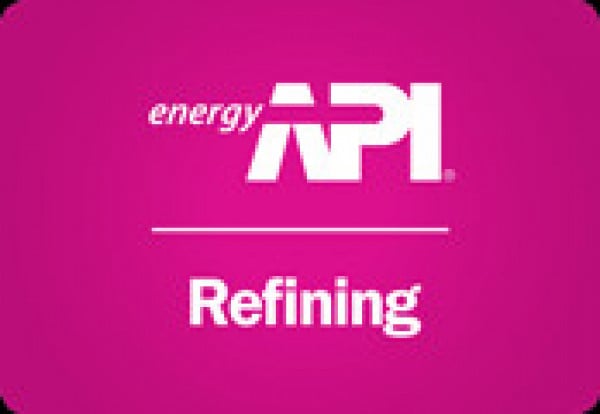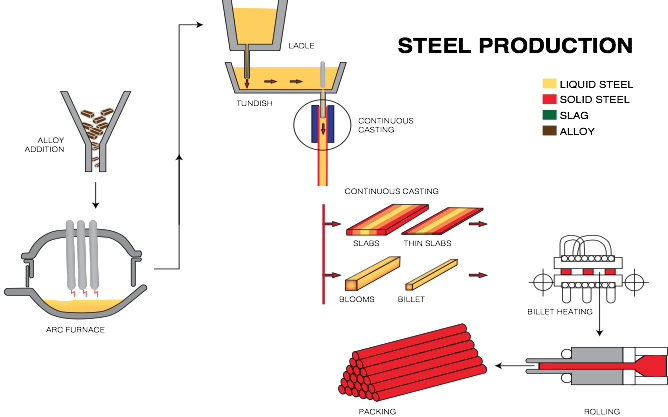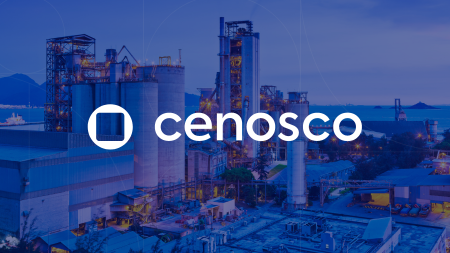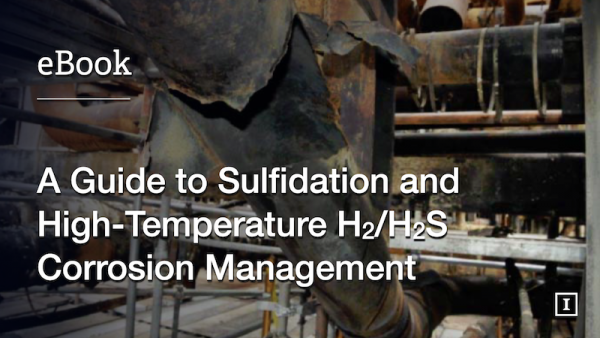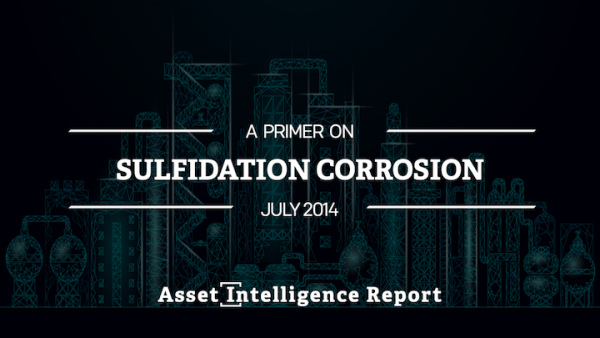API RP 939-C, Guidelines for Avoiding Sulfidation (Sulfidic) Corrosion Failures in Oil Refineries, is a recommended practice developed and published by the American Petroleum Institute (API) that provides guidance on avoiding sulfidation corrosion in oil refining operations. This RP was originally published in 2009, and the most recent 2nd Edition was released in January of 2019.
API RP 939-C is directed at integrity professionals managing hydrocarbon process streams containing sulfur compounds, without the presence of hydrogen, that operate at temperatures above approximately 500 °F (260 °C) up to about 1000 °F (540 °C). For hydrogen-containing services, the threshold temperature is set at 450 °F (230 °C).
API RP 939-C provides background information on sulfidic corrosion and discusses the most common types of damage observed. It also covers specific root causes of sulfidation corrosion, methods to predict and monitor the corrosivity of systems, materials selection for new and revamped processes, and inspection and nondestructive examination (NDE) methods used for detecting sulfidation corrosion.
Related Topics
- API 560 - Fired Heaters for General Refinery Service
- API 579-1/ASME FFS-1 - Fitness-For-Service (FFS)
- API 594 - Check Valves: Flanged, Lug, Wafer, and Butt-Welding
- API 620 - Design and Construction of Large, Welded, Low-Pressure Storage Tanks
- API 650 - Welded Tanks for Oil Storage
- API 660 - Shell-and-Tube Heat Exchangers
- API 661 - Petroleum, Petrochemical, and Natural Gas Industries Air-Cooled Heat Exchangers
- API RP 1160 - Managing System Integrity for Hazardous Liquid Pipelines
- API RP 1173 - Pipeline Safety Management Systems
- API RP 1176 - Assessment and Management of Cracking in Pipelines
- API RP 1188 - Hazardous Liquid Pipeline Facilities Integrity Management
- API RP 538 - Industrial Fired Boilers for General Refinery and Petrochemical Service
- API RP 571 - Damage Mechanisms Affecting Fixed Equipment in the Refining Industry
- API RP 572 - Inspection of Pressure Vessels
- API RP 573 - Inspection of Fired Boilers and Heaters
- API RP 574 - Inspection Practices for Piping System Components
- API RP 575 - Inspection Practices for Atmospheric and Low Pressure Storage Tanks
- API RP 576 - Inspection of Pressure-Relieving Devices
- API RP 577 - Welding Processes, Inspection, and Metallurgy
- API RP 578 - Material Verification for New and Existing Alloy Piping
- API RP 580 - Risk Based Inspection (RBI)
- API RP 581 - Risk Based Inspection Technology
- API RP 583 - Corrosion Under Insulation and Fireproofing
- API RP 584 - Integrity Operating Windows
- API RP 585 - Pressure Equipment Integrity Incident Investigation
- API RP 651 - Cathodic Protection of Aboveground Petroleum Storage Tanks
- API RP 75 - Safety and Environmental Management System for Offshore Operations
- API RP 751 - Safe Operation of Hydrofluoric Acid Alkylation Units
- API RP 754 - Process Safety Performance Indicators for the Refining and Petrochemical Industries
- API RP 934 - Materials and Fabrication of Heavy Wall Pressure Vessels for High-Pressure Hydrogen Ser
- API RP 941 - Steels for Hydrogen Service at Elevated Temperatures and Pressures
- API RP 970 - Corrosion Control Documents
- API RP 982 - Inspection and Assessment of Refractory Linings
- International Organization for Standardization (ISO)
Relevant Links
Topic Tools
Share this Topic
Contribute to Definition
We welcome updates to this Integripedia definition from the Inspectioneering community. Click the link below to submit any recommended changes for Inspectioneering's team of editors to review.
Contribute to Definition



